Thanksgiving is a time of joy and gratitude, where families gather to enjoy a festive meal and celebrate together. However, this holiday can present a number of hazards for our pets, from toxic foods to stressful noises. At Cane Bay Veterinary Clinic in Cane Bay, South Carolina, we are committed to helping you keep your pets safe and healthy during this busy season. Let’s explore some common risks and how to avoid them, ensuring a safe Thanksgiving for everyone.
Common Thanksgiving Hazards for Pets
Food risks:
Many traditional Thanksgiving foods can be dangerous for pets. Turkey bones can splinter and cause choking or serious digestive tract injuries. Foods seasoned with onions, garlic, and excessive fat can also be toxic to dogs and cats, leading to potentially life-threatening conditions like pancreatitis or anemia. It’s crucial to keep all such foods out of reach of your pets.
Decorations and plants:
Holiday decorations and festive plants can also pose risks. Candles can be knocked over, causing burns or fires. Seasonal plants such as autumn crocus and amaryllis are toxic if ingested, potentially leading to severe health issues.
Stress and noise:
The hustle and bustle of guests and increased noise levels can overwhelm many pets. This can result in stress, anxiety, or even aggressive behaviors in some cases.
Recognizing Symptoms of Distress or Illness in Pets
Food toxicity symptoms:
Watch for vomiting, diarrhea, and lethargy in your pet. These can all be signs of food poisoning or ingestion of toxic substances.
Choking hazards:
If your pet is choking, you may notice difficulty breathing, excessive pawing at the mouth, gagging, or coughing. Immediate action is required in these situations.
Stress indicators:
Signs of stress include hiding, decreased interaction, aggression, or changes in vocalization patterns such as excessive meowing or barking.
Preventative Measures to Ensure Pet Safety
Secure the environment:
Use baby gates or close doors to keep pets away from the kitchen and dining areas. Ensure trash cans are secured and leftovers are out of reach.
Proper food handling:
Avoid feeding pets table scraps. Instead, prepare a small plate of safe foods, if you wish to include them in the festivities, such as plain turkey meat, carrot sticks, or a spoonful of plain pumpkin.
Managing stress and anxiety:
Create a quiet, comfortable retreat where your pet can escape the noise. Consider products designed to reduce anxiety, such as pheromone diffusers or calming music. For more tips on reducing anxiety, visit our Fear-Free advice page.
Emergency Preparedness
First aid tips:
If you suspect your pet has ingested something toxic, do not wait for symptoms to appear. Contact Cane Bay Veterinary Clinic immediately or visit an emergency veterinary service.
When to visit a vet:
Symptoms like sudden changes in behavior, severe vomiting or diarrhea, or difficulty breathing are clear signs that your pet needs professional medical attention. Always have the contact information for Cane Bay Veterinary Clinic handy, which you can find on our Contact page.
How Cane Bay Veterinary Clinic Can Help
Regular exams and consultations at Cane Bay Veterinary Clinic can help prevent emergencies by ensuring your pets are as healthy as possible. We also offer educational resources to empower you as a pet owner. Check out our Client Education resources and stay informed with our Blog for regular updates and tips.
Conclusion:
Keeping your pets safe during Thanksgiving requires awareness and preparation. By understanding the potential hazards and knowing how to respond, you can ensure a safer holiday for everyone. Remember, Cane Bay Veterinary Clinic is here to assist with any concerns or emergencies that may arise. Have a happy and safe Thanksgiving!
Additional Resources:
For more information on Thanksgiving pet safety, visit the Thanksgiving Pet Safety page by the AVMA and the ASPCA’s Thanksgiving Safety Tips.
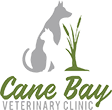
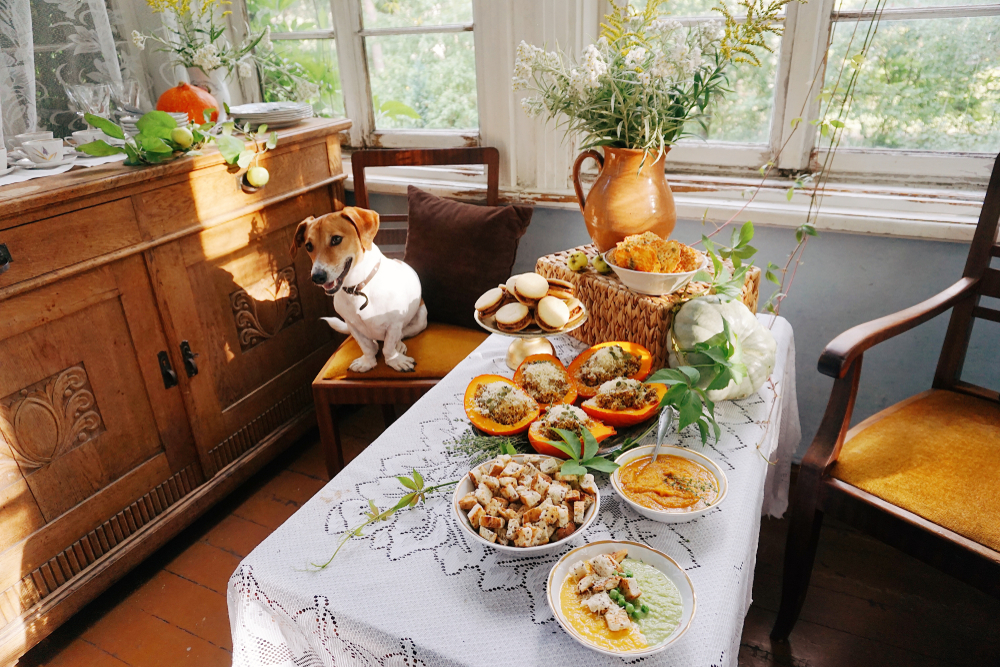
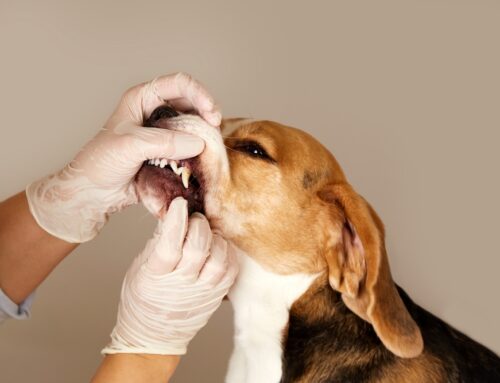
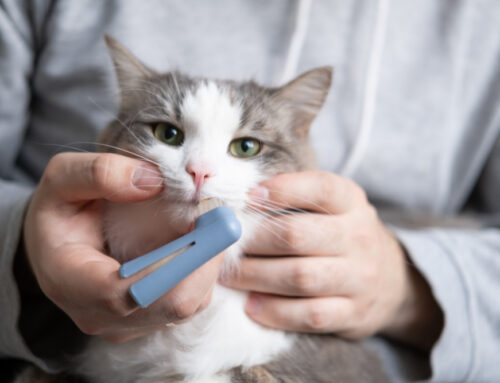
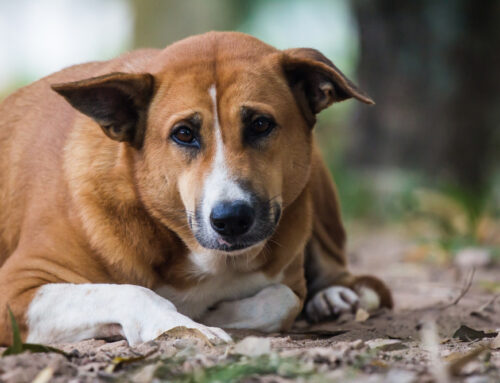

Leave A Comment